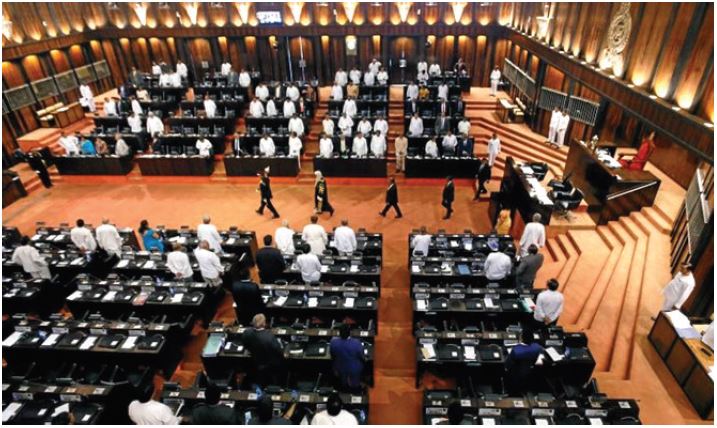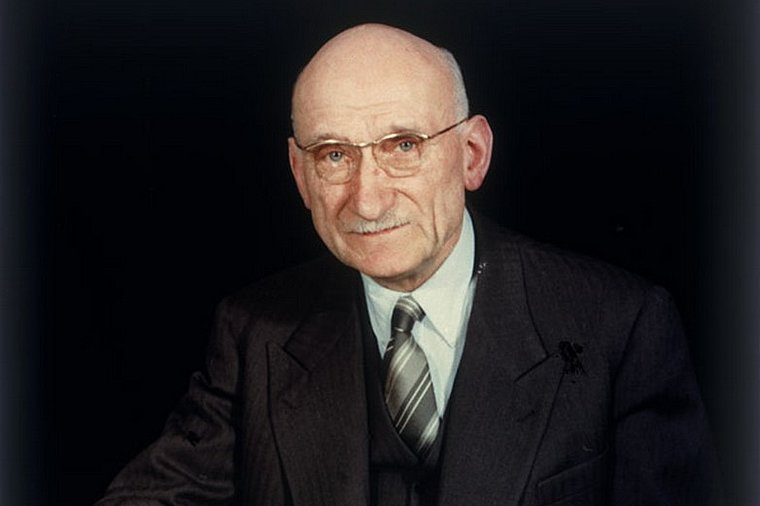
The Hungarian Prime Minister, Mr Orban, has a growing reputation for certain choices made by his government, which give rise to very conflicting reactions, in that they include the restriction of freedom of expression, religious freedom, freedom of association, the rights of minorities and the rights of migrants, and a restriction on the independence of the judiciary. The European Parliament, in a recent resolution, expressed its opposition, because if in the body of Europe is developing a spirit that is so seriously damaging to the democratic principles that we have shared and experienced (despite all the shortcomings) in recent decades, the very idea of Europe risks being compromised. The results of the elections in Sweden, in which xenophobic and sovereign impulses similar to those of other European countries are strongly emerging, have contributed to this conviction.
The wind seems to be blowing strong in the direction of a shattering of our continent, not only of the institutions that we have painstakingly built, but of the spirit of collaboration, of the commitment to make more united communities having very different histories and a past of conflicts, which had shared the idea of going down a common path. It is disturbing that, in the face of global challenges that would require generous and concerted action, a balanced economic policy and a common foreign policy, the European countries are being crossed by an ever more widespread need to defend partial interests and by a growing intolerance of the rules established at the Community level. For many, Europe is by now an adversary to be fought, a brake on the growth of individual countries, an impediment to the development of freedoms. If this feeling were to prevail in the end, the European Community would be over.
The loss of bonds of solidarity, with the exception of those within social groups that cultivate the same convictions or the same interests, is a fact that appears quite evident and that distorts the very mechanisms of democracy, which by its nature is inclusive, because it is based on dialectical confrontation, and therefore presupposes respect for ideas and people, whatever they may be. More and more, the democratic game foresees the identification of an enemy to be annihilated because it is considered the cause of the social ills we suffer (with the corollary of denigration, one-way blame, mystification of reality, unbridled language). Although I am not among those who think that openly racist attitudes are manifested in Italian society (except in some fringes that are for now marginal), I am nevertheless convinced that from this deliberately quarrelsome style of a significant part of the political class, subtle forms of intolerance and contempt for the other are propagated, cloaked in apparently convincing reasons, and that they can be the antechamber of institutional models that are authoritarian and harmful to the dignity of the people.
It is necessary to be vigilant, even if not anxious, because in this country, as in most of Europe, there is a reserve of people, social groups, communities, who feel the strong value of solidarity, collaboration, innovation, creativity, even if their voices are now covered by other much more intense and persuasive. They must continue to be there and to do so, finding new ways of expressing their thoughts, highlighting their experiences, explaining their choices, urging change: Italy and Europe need other narratives, to make it clear that there is an alternative to disruptive initiatives and illusory shortcuts, which can be built not on the ruins of the past, but through a process that values what has been done well and renews in depth the institutions and policies that have proved inadequate. We need to look clearly at the complexity of the world we live in, putting into play skills and critical intelligence to give answers that not only serve to gather consensus today, but that are measured against the great global challenges (of work, the economy, the environment, international relations, social justice, migration).
We certainly need a qualitative leap in Italian politics, as well as in European politics, which we cannot see today. There will probably be a long desert to cross, because the political classes that have governed in recent years are now speechless in the face of major changes. The crisis of the Democratic Party is emblematic in this regard, and it is sad to see an internal debate that does not know how to get out of worn out and inconclusive schemes, a poverty of analysis, the smallness of projects and political prospects. I am convinced that it is not these parties that will change reality, but the most conscious expressions of the world of work, of businesses, of the many forms of association and cooperation, which, today in a dispersed way, but tomorrow with the union of efforts and strategies, will be able to identify new models of integration, composing diversified instances, in forms that are also sustainable for the future. It is time to put competence and skills, today often mocked, back at the centre, the desire to work towards common and great objectives (and Europe is a great test), the courage to go against the tide. The construction site is open, designers and workers who want to get their hands dirty are needed.
Translated from italian by Philippe Ledouble





Leave A Comment
You must be logged in to post a comment.